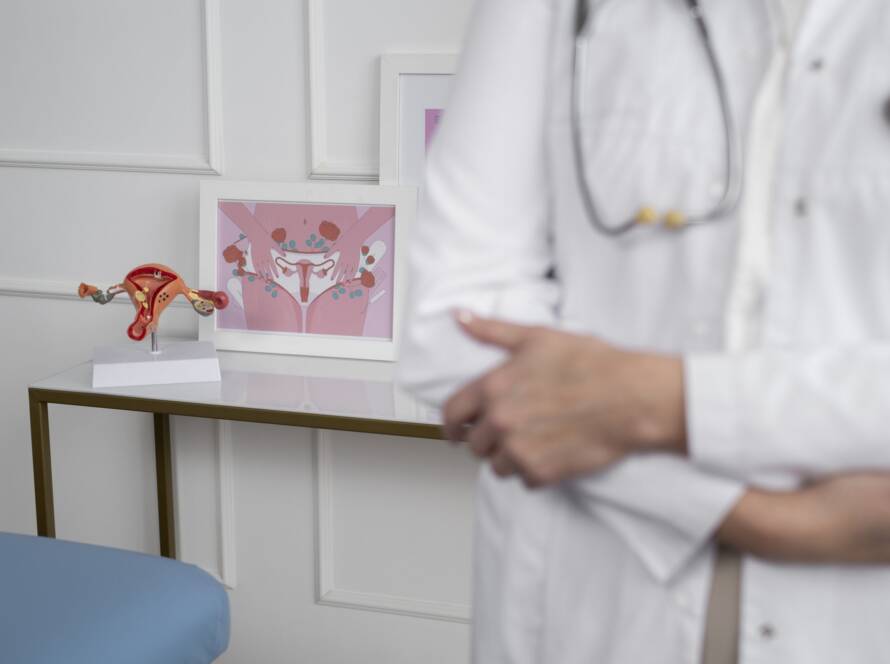In the pursuit of motherhood, many couples turn to assisted reproduction methods to fulfill their dream of having a child. One of these methods, which has gained popularity in Colombia and around the world, is the ROPA Method.
It is essential that couples considering the ROPA Method are informed about the possible risks and seek specialized medical attention at trusted assisted reproduction centers. An experienced medical team can help minimize risks and increase the chances of success.
Medellín: Tel. +57(4) 268 80 00
Bogotá: Tel. +57(1) 746 98 69
Pereira: Tel. +57(6) 340 17 09
Cartagena: Tel.+57(5) 693 0434
Or on our social networks at Facebook and Instagram.

